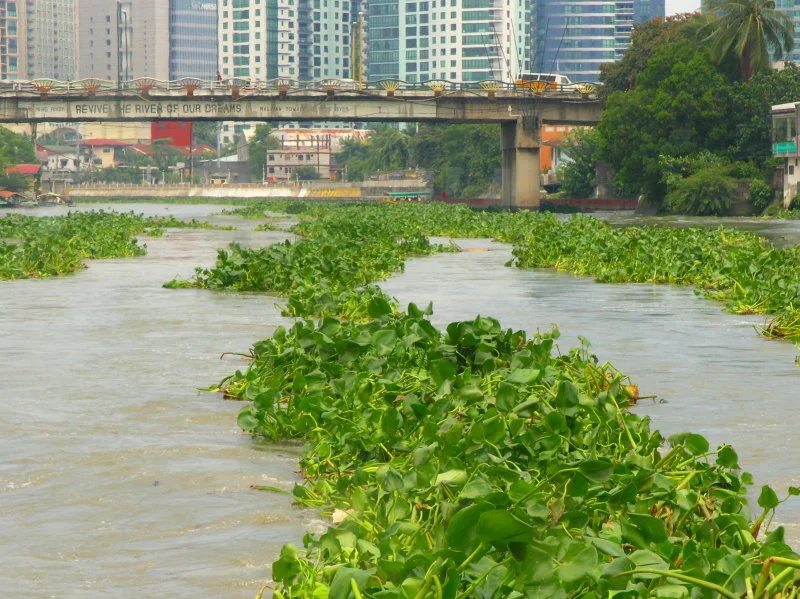In this episode, Chuck explores the flawed nature of North America’s current “housing bargain,” where most neighborhoods are allowed to stay exactly the same as long as some neighborhoods are forced to radically change. (Transcript included.)
Read MoreNo city is an island, and no city can judge its place in the housing crisis based solely on local demand. They must also consider how their restrictive policies may be driving housing demand to other places — or how other cities may be driving demand to them.
Read MoreCities are complex systems, and wrapping your mind around them can be tough. Here are some frameworks to guide you.
Read MoreCan built environments grow even stronger after experiencing some form of destruction?
Read MoreIf the U.S. is advancing in its ability to build things, why does it seem like our places are falling apart?
Read MoreMany people who want to change things for the better in their place want an example of another town or city that’s already got it all figured out—somewhere they can copy. Here’s why that won’t necessarily work.
Read MoreLet's talk about some core Strong Towns concepts: complexity, incrementalism, fragility, and more!
Read MoreHere are some touchstone concepts that help underlie the Strong Towns view of how to achieve a world full of places capable of growing bottom-up prosperity
Read MorePlanning must become a job that planners can actually do in a 40-hour work week. This will require a different approach to planning, altogether.
Read MoreCities are complex systems…and maintaining a healthy system in a stable equilibrium is relatively easy. But restoring an unhealthy system back to equilibrium is very hard.
Read MoreThis week on the Strong Towns Podcast, we’ve invited back a popular past guest and regular Strong Towns contributor: Johnny Sanphillippo.
Read MoreCentralized systems are good at getting us cheap food, cars, and toilet paper—until they’re not. They’re also really bad at isolating deadly outbreaks.
Read MoreIf we want our cities to be more resilient and financially productive, we must allow them to become complex again.
Read MoreThis is Part 1 in a three-part series about why our cities deserve better than cookie-cutter, state-level land use reforms.
Read MoreHow have cities throughout history successfully grown and met their need for new homes? Two metaphors from nature provide the key.
Read MoreCities are complex…which means that our regulations shouldn’t be.
Read MoreJust as the pandemic has revealed how interconnected we all are, it has also exposed the extent to which we have dis-integrated and dis-membered our society.
Read MoreOur cities are littered with the bones of policies that failed because we tried to solve complex problems with top-down, technocratic solutions. So how does change happen?
Read MoreCentralized systems are good at getting us cheap food, cars, and toilet paper—until they’re not. They’re also really bad at isolating deadly outbreaks.
Read MoreWhy does a healthy pond suddenly become overrun with algae? And what can the natural principle behind this help us understand about how change works—or doesn’t—in cities?
Read More


















